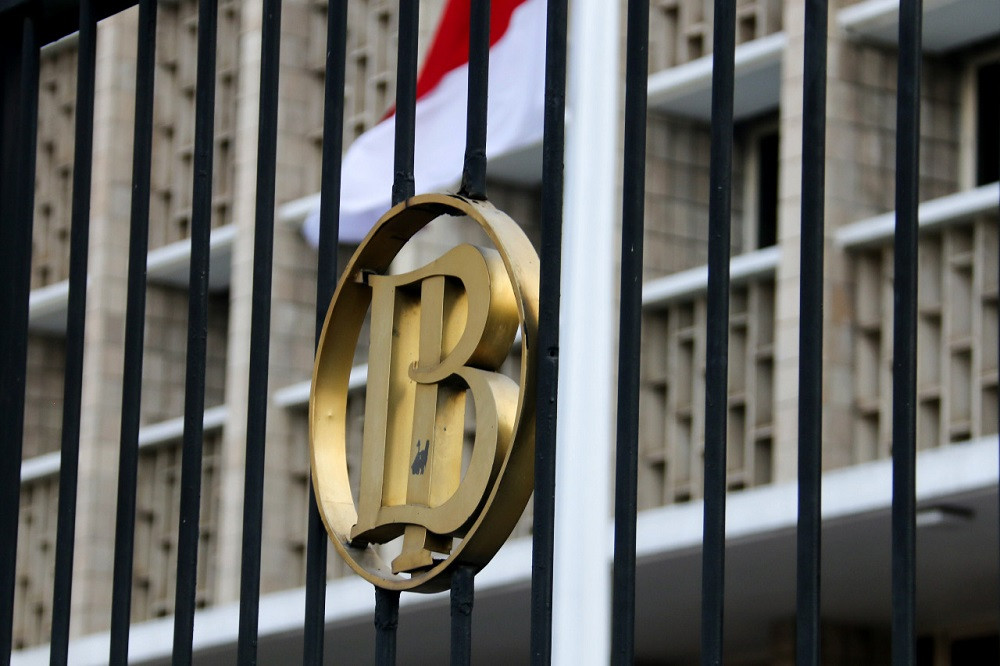Popular Reads
Top Results
Can't find what you're looking for?
View all search resultsPopular Reads
Top Results
Can't find what you're looking for?
View all search resultsIndonesia’s forex reserves hit record high in August
The nation’s forex reserves rose by US$1.9 billion to $137 billion, surpassing the previous record of $135.1 billion a month earlier.
Change text size
Gift Premium Articles
to Anyone
I
ndonesia’s foreign exchange (forex) reserves soared to a record high in August mainly due to the government’s foreign borrowing, proceeds from oil and gas, as well as tax collection, Bank Indonesia has announced.
The nation’s forex reserves rose by US$1.9 billion to $137 billion, surpassing the previous record of $135.1 billion a month earlier. The latest reserves position would allow for the payment of foreign debt and nine months of imports.
“Bank Indonesia views the forex reserves level as adequate to support external stability and maintain macroeconomic and financial system stability,” the central bank said in a statement.
“The forex reserves level will remain adequate, supported by stability and a positive outlook for the economy, in line with various policy responses to push for economic recovery.”
The government faces a daunting task as it looks to raise Rp 900.4 trillion from the issuance of sovereign debt papers in the July-December period to cover for its budget deficit of 6.34 percent of gross domestic product as tax collection and proceeds from nontax income fell amid slowing economic activity due to the coronavirus pandemic.
It previously planned to raise $5.5 billion in loans from multilateral organizations.
The government has collected Rp 601.9 trillion in tax income as of July, down 14.7 percent year-on-year (yoy) and around 50 percent from this year’s target. Meanwhile, nontax income from oil and gas amounted to Rp 44 trillion as of July, down 34.8 percent yoy.
“Although the downside risks for Indonesia’s economy from the COVID-19 pandemic has declined, the risks still remain and that places some uncertainty on the domestic financial market,” said Bank Mandiri economist Andry Asmoro.
The delays in foreign direct investment during the pandemic, which could trigger capital and financial outflow, would put pressure on forex reserves and the rupiah exchange rate, he added.
The rupiah appreciated 0.14 percent to 14,730 per US dollar as of 12:30 p.m. Jakarta time after suffering heavy losses last week amid concerns over Bank Indonesia’s independence following a new legislative proposal to revise central bank regulation.
Andry expects the rupiah exchange rate to be at around Rp 14,296 per US dollar at the end of 2020, adding that the country’s current account deficit (CAD) would narrow to 1.49 percent of GDP.
“Imports are decelerating faster than exports due to postponement in production and investment activities amid the pandemic,” he said, adding that the CAD would shrink as a result and therefore support the country’s balance of payments.










